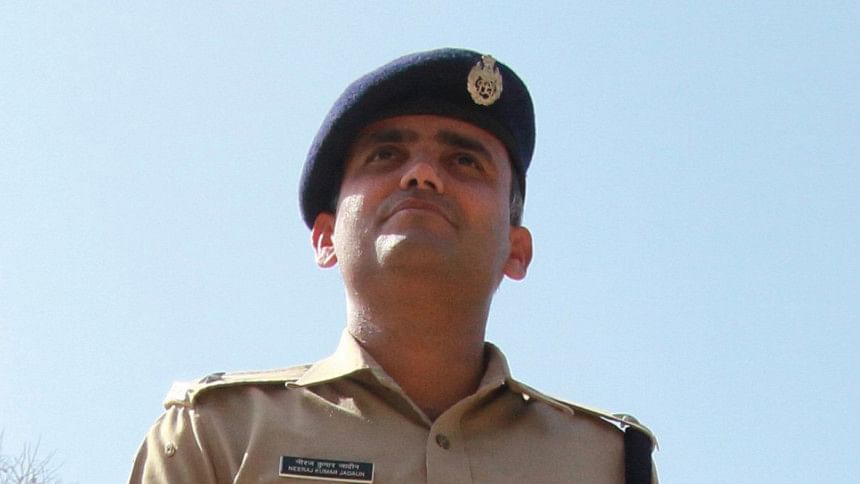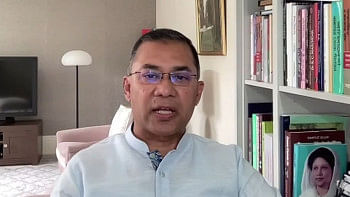Delhi clashes: ‘Hero cop’ braved a mob to save lives

A police official in India has been hailed for his bravery in saving families from the clutches of violent mobs during the recent spate of clashes in New Delhi, reports BBC.
The clashes, which broke out on Sunday, have so far left 38 people dead and over 200 others injured.
On February 25, Neeraj Kumar Jadaun, superintendent of police (SP) in Ghaziabad of neighbouring Uttar Pradesh state, heard sounds of gunfire coming from Karawal Nagar area in Delhi, about 200 metres away from him when he was patrolling a border checkpoint, he told BBC.
He saw a mob of 40-50 people setting vehicles ablaze, when one of them jumped into a house with a petrol bomb, Jadaun said.
In a split-second, Jadaun decided to cross the state border into Delhi, breaking the police protocol which says police officers need explicit permission to cross state borders.
"I chose to cross. I was willing to go alone despite being aware of the danger and the fact that it was beyond my jurisdiction. Those were the most terrifying 15 seconds of my life," Jadaun told BBC.
"Thankfully, the team followed me, and my seniors also supported me when I informed them later," he said.
Mentioning that it was a dangerous move since they were outnumbered compared to the violent mob who had come prepared for arson, Jadaun told BBC that the policemen at first tried to negotiate with them, but it failed.
Then, "we told them that police would open fire. They retreated but seconds later, they threw stones at us and we also heard gunshots," Jadaun said.
Jadaun and his team held their positions and continued to push back the mob until they finally left.
The area had many shops with stocks of bamboo. A fire would have engulfed the whole area and if that had been allowed to happen, the death toll in Delhi would have been much higher, Jadaun added.
The violence first broke out in north-east Delhi between protesters for and against the recently passed Citizenship (Amendment) Act which caused widespread controversies and protests across India.
But the clashes later took on communal overtones, according to the BBC report.
Jadaun's heroics, however, did not remain unnoticed, and were reported in Hindi daily Amar Ujala by its reporter, Richi Kumar.
Terming the mobsters "bloodthirsty", Richi told BBC that they were armed and not ready to listen to anybody, and described Jadaun's decision as the "bravest act he had ever seen", reports BBC.
The mob was throwing stones at the police but Jadaun and his men did not back down, despite real danger of getting shot at, Richi also said.
But, Jadaun refused to be hailed as a hero.
"I am not a hero. I have taken oath to protect any Indian in danger. I was just doing my duty because I wasn't willing to let people die under my watch. We were in a position to intervene and we did that," he told BBC.
Reports of similar small acts of heroism -- of Hindus and Muslims standing together to protect each other -- have also begun to emerge, at a time when the Indian capital is struggling to pick up the shattered pieces, and are giving the residents some hope that life will eventually return to normalcy.

 For all latest news, follow The Daily Star's Google News channel.
For all latest news, follow The Daily Star's Google News channel. 



Comments